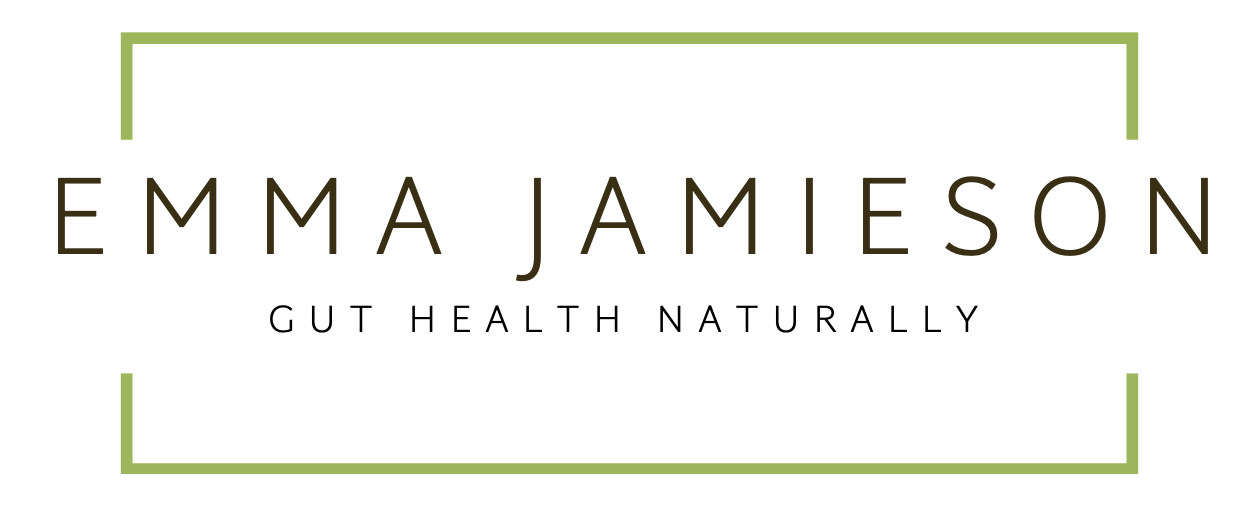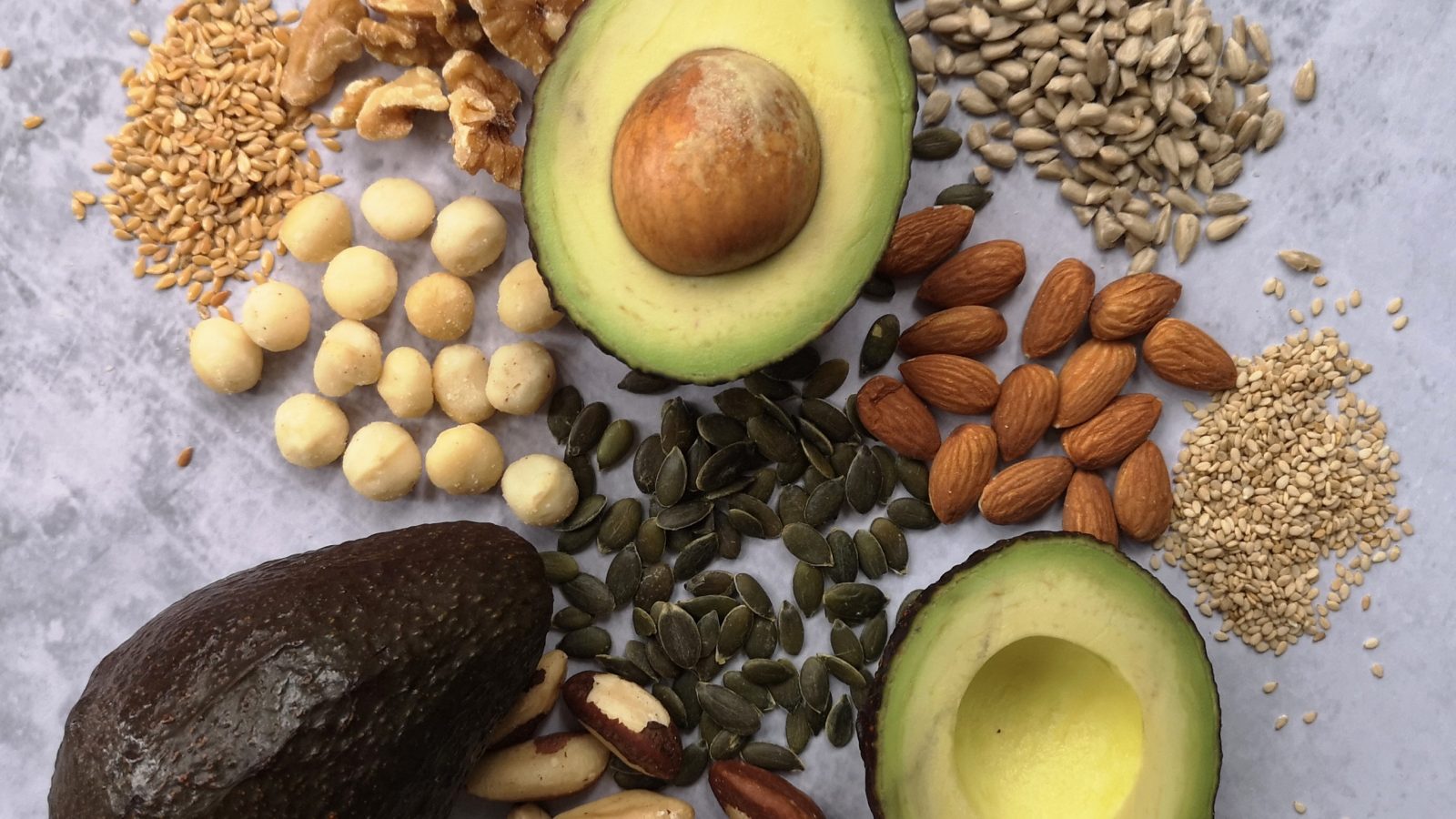For so long, fat has been demonised as the food group to be avoided at all costs. Want to avoid heart disease/high cholesterol/obesity? Then switch to skimmed milk and fat-free yoghurts while staving off hunger with pasta and cereals and all will be well… Except that we now understand that this advice is the very thing that has led to our current health crisis. The obesity epidemic, soaring levels of Type 2 diabetes and the global rise in dementia are all being linked to a high-carb diet.
How did we get it so wrong?
Back in the 1980s Jane Fonda workouts were all the rage, calorie-counting was the ‘thing to do’ and the processed food market was exploding. As the macronutrient with the most calories per gram, we assumed that reducing the amount of fat in our diets would reduce our overall calorie intake, and therefore weight loss would follow. Big name food manufacturers jumped on the idea, producing fat-free everything from salad dressing to ready meals (anyone remember Lean Cuisine, or am I just showing my age?!), and all of a sudden carbs were hailed as the hero, while fats were to be avoided at all costs. Add to this the budgets available to these companies to conduct studies and advertising in support of their products and it’s easy to see how we were so misled.
If the studies and scientific advice were correct, we should now be a global community of slender, healthy people. So why are we spending huge amounts battling obesity and its related diseases? Well, it turns out that by reducing fat and increasing processed carbs we have given our bodies exactly what they need to do the opposite and put on weight. Moderate amounts of carbohydrates are not a problem, but when they are consumed in excess our bodies can’t process the energy available (in its broken-down form of glucose) and so it lays it down for future use – as fat.
The cholesterol myth
One of the main arguments for avoiding fats was that by consuming cholesterol-rich foods such as eggs and butter, we would raise our cholesterol levels. This was thought to be especially true for the small, dense LDL (low-density lipoprotein) particles that are linked to heart disease. Sadly (or happily if you’re a fan of eggs and butter) this has also been disproven. We can now say with confidence that dietary cholesterol has no effect on blood cholesterol levels. Furthermore, cholesterol is the building block for our sex hormones – oestrogen, testosterone and progesterone. Having good levels of HDL (high-density lipoprotein) particles is vital to ensure that these hormones are produced in optimum quantities.
Is all fat good?
While I encourage all clients to increase levels of healthy fats in their diets, I don’t extend this to trans-fats. Trans-fats are so called because of the structure of the fat molecules and are, for the most part, man-made. Trans-fats, also called hydrogenated fats, are those found in margarine, fried foods, biscuits and other baked goods. Being man-made, and of a different shape to natural fats, our bodies simply don’t know what do to with them. They are understood to lead to a number of health conditions including Type 2 diabetes, obesity, heart disease, dementia etc.
So which fats should you be increasing? Healthy fats include avocados, nuts, seeds, olives and oily fish, all of which are eaten plentifully in Mediterranean countries, whose diet is widely considered the way of eating to which we should all be aspiring. Also look to grass-fed dairy and animal products. However, it is important to remember that adding extra fat should be done at the same time as reducing levels of carbohydrates, especially high GL, highly-processed carbs such as biscuits, crisps, cakes, sweets etc.
Are there any other benefits?
My final word on the subject concerns our growing awareness of the importance of vitamin D. Vital for maintaining a healthy immune system, it is dependent on the inclusion of healthy fats in the diet. Together with vitamins A and K2, it is a fat-soluble vitamin that requires adequate levels of fat for optimal absorption and storage. So next time you take your vitamins, wash them down with a glass of organic full fat milk!
Are you interested in reading more about fats and the latest science behind our understanding of them? If so I thoroughly recommend Dr Mark Hyman’s book ‘Eat fat, get thin’.


 Almond and chia pancakes
Almond and chia pancakes